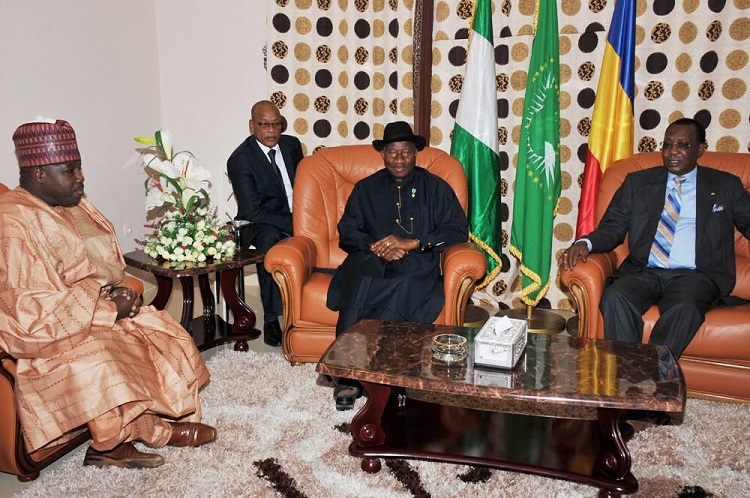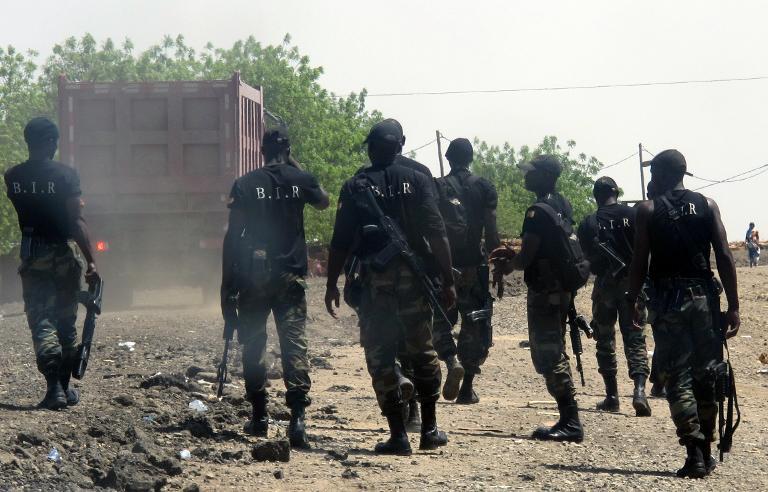In late 2007 and early 2008, after Mwai Kibaki was declared the winner of the presidency and Odinga — again the contender — alleged voter fraud and ballot manipulation, at least 1,200 people were left dead in clashes among three of the country's largest ethnic groups: Luos, Kikuyus and Kalenjins.
Kenyatta, who is Kikuyu and the son of Kenya's first president, Jomo Kenyatta, was indicted for crimes against humanity by the International Criminal Court in The Hague in 2011 for allegedly inciting the ethnic violence. He denied the charges, which were dropped three years later, after he became president.
Odinga, who is Luo and the son of Kenya's first vice president, Jaramogi Oginga Odinga, was appointed prime minister in 2008 in a power-sharing deal following the violence.
The current political morass is bigger than just ethnicity, said
Edmond J. Keller, a political scientist and Africa expert at UCLA.
"What we have now in Kenya is a struggle among power elites," Keller said.
But many Kenyans resent that of the four men who have served as president since the country's independence in 1963, three have been Kikuyu. The other, Daniel Arap Moi, is Kalenjin.
"How can it be that in a nation of more than 50 ethnic groups … only two communities produce leaders?" said
Maina Kiai, the former chairman of Kenya's National Human Rights Commission who is now based at Stanford Law School. "A big proportion of the country feels really angry and miffed and marginalized, and that anger is palpable."
Much will depend on the state's reaction to the protest Tuesday, Kiai said.
"If the crowd is massive, as it is expected to be, it will prove a huge challenge to Kenyatta," Kiai said.
Some analysts suggested that Kenyatta might feel compelled to negotiate with Odinga.
Lone, the longtime advisor to Odinga, said the shadow parliament could launch a legal process aimed at holding a new election. Under Kenyan law, 1 million signatures are needed to mandate a referendum on whether there should be a new vote, he said.
Some opposition supporters are calling for a change in Kenya's electoral system from the current winner-take-all voting to proportional representation, in which parties gain seats according to the number of votes cast for them.
The concerns about potential violence have reached far beyond Kenya's borders.
[caption id="attachment_43329" align="alignleft" width="1000"]

Kenya's President Uhuru Kenyatta speaks after the electoral commission's official announcement of the August election results, which were annulled by the Supreme Court. (John Muchucha / AFP / Getty Images)[/caption]
Kenyan Diaspora, an online organization that connects Kenyan expatriates living across the globe, sounded an ominous warning:
"We would like to put the Uhuru government on notice that although we are a nonviolent movement … if its security forces resort to the usual murdering and maiming of unarmed Kenyans who are lawfully and peacefully exercising their rights … we as Kenyan Diaspora will be left with no option but to arm our compatriots at home to exercise their right to self-defense in accordance with established principles of law," the group said in a statement.
"People are afraid," said Debra Akello, a Kenyan expatriate who has lived in the U.S. for more than two decades. "They are worried about violence."
Akello, who recently visited the country, said many people were stocking up on food and other supplies ahead of the swearing-in day, while others were rushing to buy bus and plane tickets to flee Nairobi.
"It's getting ugly," Akello said. " I'm so afraid for my country."

























